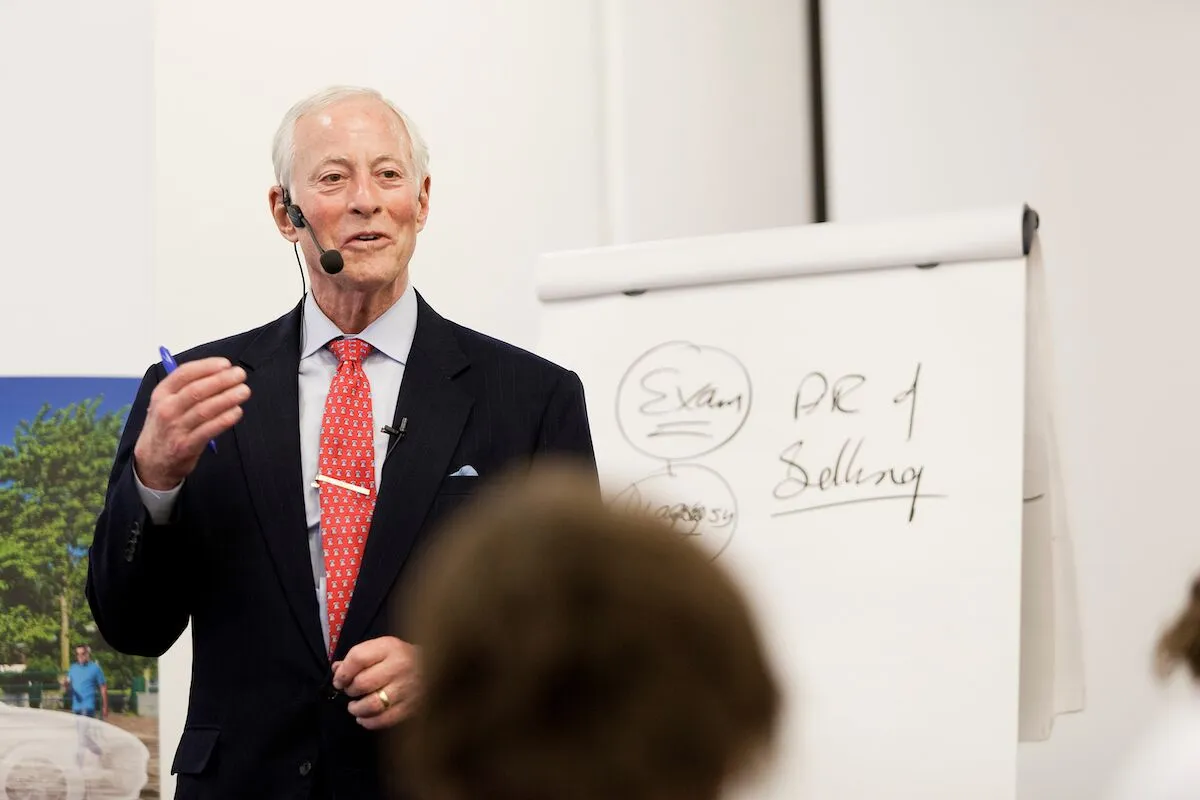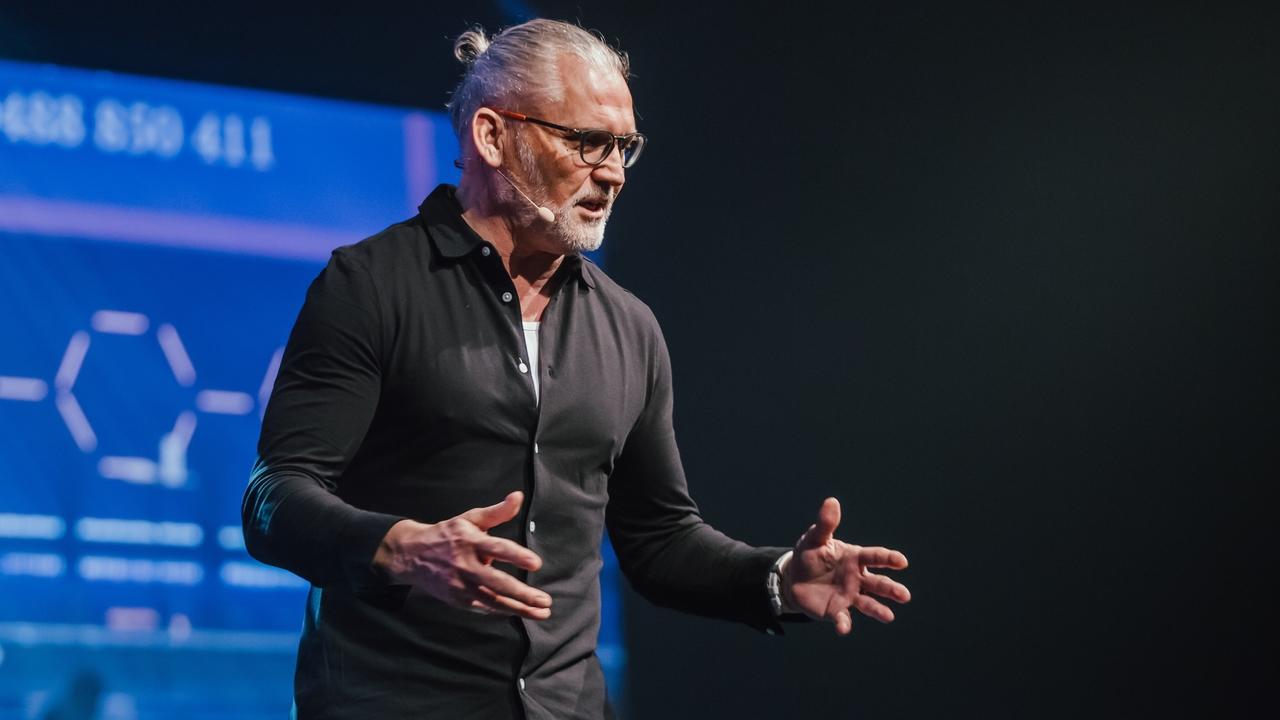The Journey Begins at Sixty
When I turned sixty-three, something shifted inside me. All those years of staying quiet in meetings, nodding along at family gatherings, and keeping my opinions to myself started feeling like a heavy coat I no longer needed to wear. My daughter asked me why I suddenly had so much to say, and I told her the truth – I always had things to say, I just didn't know how to say them properly. That's when I discovered something remarkable: the confidence we spend our whole lives looking for has been sitting inside us all along, just waiting for permission to come out.
Here in Canada, we have this wonderful reputation for being polite and considerate. But sometimes, especially for women of my generation, being polite meant being silent. We learned to make ourselves smaller, to take up less space with our words and our presence. Now, as I work with other people over sixty who want to find their speaking voice, I see the same pattern everywhere. We have decades of experience, wisdom earned through real living, and stories that could help others – but we hold back because we think our time has passed.
Nothing could be further from the truth. Public speaking after sixty isn't about starting over – it's about finally stepping into the fullness of who you've become. Your voice has depth now, texture, authenticity that only comes from living a real life with real challenges. When you speak, you're not performing or pretending. You're sharing truth that you've tested and proven through your own experience.
This article will walk you through the practical steps I've learned, both personally and through teaching others, about developing your public speaking abilities after sixty. We'll talk about the unique advantages you have at this stage of life, the specific challenges you might face, and the concrete techniques that work for building genuine confidence when addressing any audience.
Your Life Experience is Your Greatest Asset
Let me tell you something that younger speakers don't want to hear: experience matters more than energy. I've watched twenty-five-year-olds bounce around stages with impressive enthusiasm, but when they finish talking, I often think "that was nice" and then forget everything they said within an hour. When someone with real life experience speaks – someone who has raised children through difficult times, managed a career through economic ups and downs, cared for aging parents, survived loss – their words stick with you because they're rooted in reality.
At sixty and beyond, you've accumulated what I call "credibility capital." You don't have to convince people you know what you're talking about – your presence does that work for you. The grey in your hair, the lines on your face, the measured way you choose your words – these things signal wisdom before you even open your mouth. Younger speakers have to work hard to establish authority. You walk into a room with it already in place.
The key is learning to access these experiences strategically when you speak. I keep a simple notebook where I write down stories from my life that taught me important lessons. Not dramatic, movie-worthy moments necessarily – just real experiences that changed how I understood something. When I'm preparing to speak, I flip through this notebook and find stories that connect to my main message. This practice has taught me that my ordinary life is actually full of extraordinary teaching moments.
Mining Your Personal History
Here's a practical exercise I do with my speaking students. Take a piece of paper and divide your life into decades. For each decade, write down three significant challenges you faced and how you handled them. Don't worry about whether they sound impressive – focus on moments when you had to figure something out, make a difficult decision, or change your approach to a problem. These stories are gold for public speaking because they're specific, authentic, and relatable.
One woman in my workshop said she didn't have any interesting stories because she'd "just been a homemaker." Then she told us about negotiating with a contractor who tried to overcharge her for roof repairs, how she researched proper costs, got three competitive quotes, and stood her ground despite being talked down to. That story taught a powerful lesson about self-advocacy and doing your homework – and it resonated with everyone in the room, regardless of their background.
Overcoming the Technical Challenges
I'm not going to pretend that age doesn't come with some practical challenges for public speaking. My voice isn't as strong as it was twenty years ago. I sometimes lose my train of thought mid-sentence. My hands shake a bit when I'm nervous, and I can't read small print on note cards without my glasses. These are real things, and we need to address them honestly rather than pretending they don't exist.
The good news is that every single one of these challenges has a practical solution. Vocal strength can be improved with simple exercises you do at home. Memory issues are managed through better preparation techniques and strategic note-taking. Physical nervousness becomes less visible when you learn proper stance and hand positioning. Reading difficulties disappear when you format your materials correctly.
Strengthening Your Speaking Voice
I start every morning with five minutes of vocal warm-ups. It feels silly at first – standing in your kitchen making strange sounds – but the difference is remarkable. I hum scales while I'm making coffee, do tongue twisters while I'm getting dressed, and practice projecting my voice while I'm alone in the car. These exercises have added noticeable power and clarity to my speaking voice.
Canadian winters are particularly hard on our voices. The dry indoor air affects our vocal cords, making them more prone to strain. I keep a humidifier in my bedroom and drink warm water with honey before any speaking engagement. I've also learned to avoid dairy products on days when I'm speaking, because they create mucus that affects voice clarity. These small adjustments make a significant difference in vocal performance.
Breathing is the foundation of strong speaking. Most of us breathe shallowly from our chest, which doesn't provide enough air support for sustained speaking. I practice diaphragmatic breathing – placing one hand on my belly and breathing deeply so that my stomach expands rather than my chest rising. This technique gives you the air capacity to speak full sentences without running out of breath or sounding strained.
Managing Memory and Organization
I used to try memorizing speeches word-for-word, which was a disaster. I'd forget a line, panic, and lose my entire flow. Now I use a technique called "anchor points" – I memorize the key ideas I want to cover, in order, but I don't memorize the exact words. This approach works much better because it allows natural speaking while keeping you on track structurally.
For notes, I type them in 18-point font with lots of white space. Each main point gets its own card, and I number them clearly. I use colored highlighters to mark stories, statistics, or quotes so I can find them quickly. This system might seem overly simple, but simplicity is exactly what you need when you're standing in front of an audience with adrenaline coursing through your system.
Building Confidence Through Preparation
Confidence doesn't come from positive thinking or affirmations – it comes from thorough preparation. When I know my material inside and out, when I've practiced my delivery multiple times, when I've anticipated questions and prepared answers, I feel confident because I am actually prepared. There's no substitute for this kind of solid groundwork.
I prepare differently now than I did when I was younger. I need more time to internalize material, so I start preparing earlier. I practice more frequently but for shorter sessions, because my focus is better in twenty-minute blocks than hour-long marathons. I record myself speaking and listen back, which is uncomfortable but incredibly valuable for identifying areas that need improvement.
The Power of Small Audience Practice
Before any significant speaking engagement, I practice with small, safe audiences. I'll give my talk to my book club, to my family, to a friend over coffee. Each time, I ask for specific feedback: Was anything confusing? Did I speak clearly enough? Were there moments when I lost your attention? This feedback is invaluable because it comes from real listeners, not from my own anxious imagination.
Many communities across Canada have Toastmasters clubs specifically welcoming to older adults. These groups provide regular, structured practice in a supportive environment. I've seen remarkable transformations in people who commit to attending weekly meetings. The repetition and feedback accelerate learning in a way that's impossible to achieve practicing alone.
Connecting With Modern Audiences
One concern I hear frequently from older speakers is whether they can connect with younger audiences. Will people listen to someone who doesn't understand current technology or cultural references? The answer is yes – if you focus on universal human experiences rather than trying to seem current.
I don't try to use slang I don't naturally use. I don't make references to trends I don't understand. Instead, I talk about timeless themes – dealing with disappointment, finding courage, building relationships, making difficult decisions. These experiences are universal across generations. Young people don't need me to pretend I'm young. They need me to share wisdom that can only come from having lived longer.
That said, I have made efforts to understand basic presentation technology. I learned how to use PowerPoint (though I keep my slides very simple). I figured out how to join Zoom meetings when the pandemic forced speaking online. I'm not an expert, but I'm competent enough that technology doesn't become a barrier to my message. This basic technical literacy matters in our current environment.
The Authenticity Advantage
The most powerful tool you have as an older speaker is authenticity. Younger speakers often feel pressure to project an image – to seem more successful, more confident, more "together" than they actually are. At sixty-plus, you've earned the right to just be yourself. This authenticity is magnetic because it's so rare.
I tell stories about my failures as readily as my successes. I admit when I don't know something. I let my personality show through – my sense of humor, my occasional frustration, my genuine care for the people I'm addressing. This vulnerability doesn't undermine my credibility; it enhances it because people trust speakers who present themselves as real human beings rather than polished performers.
Practical Speaking Opportunities in Canada
Finding places to practice and develop your speaking skills is easier than you might think, especially in Canadian communities that value diverse voices and perspectives. Start by looking at organizations you're already connected to – volunteer groups, religious communities, hobby clubs, professional associations. These groups regularly need speakers for meetings and events, and they're usually delighted when someone steps forward.
Libraries across Canada host speaker series and are often looking for community members with interesting experiences to share. Community centers offer courses and workshops where you could volunteer to teach something you know well. Senior centers increasingly recognize that their members have valuable knowledge to share and organize programs specifically for peer learning.
If you have professional expertise, consider reaching out to colleges and universities about guest speaking opportunities. Many programs value practitioners who can share real-world experience with students. The Canadian Association of Professional Speakers has resources for people looking to develop speaking careers, including at later stages of life.
Online Speaking Opportunities
The shift to online platforms has actually created more opportunities for speakers of all ages. You can now reach audiences across Canada and beyond without leaving your home. I've given presentations to groups in Halifax while sitting in my living room in Saskatchewan. The technology learning curve exists, but it's manageable with some patience and practice.
Webinars, online workshops, and virtual conferences have become standard formats. These platforms can actually be easier for newer speakers because you're in a familiar environment, you can have notes visible on your screen, and the audience feels less intimidating when they're small squares on a screen rather than rows of faces staring at you.
Moving Forward With Your Voice
Finding your voice after sixty isn't about becoming someone new – it's about finally expressing who you've been all along. Every year of your life has added depth, perspective, and wisdom that makes your voice more valuable, not less. The world needs to hear from people who have actually lived through challenges, raised families, built careers, survived losses, and learned real lessons from real experience.
Start small but start now. Volunteer to give a short talk at your next club meeting. Share your knowledge at a community event. Record yourself speaking and listen back with compassion, noting both strengths and areas for growth. Join a speaking group where you can practice regularly with supportive peers. Each small step builds the confidence and skill that will allow you to share your wisdom more broadly.
Remember that perfection isn't the goal – connection is. Your audience doesn't need a flawless performance. They need genuine insights delivered by someone who cares about helping them understand something important. You have those insights. You've earned them through decades of living. Now is the time to share them confidently with any audience that needs to hear your message.
Ready to Find Your Speaking Voice?
Join our supportive community of speakers who are discovering the power of their authentic voice. Our courses are designed specifically for adults who want to share their wisdom confidently.




